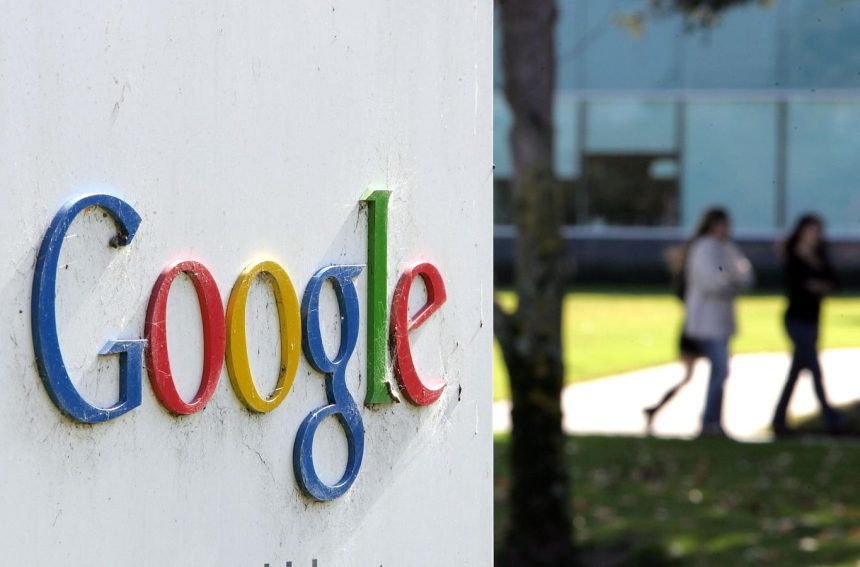In a recent New York Times
There is a lot to unpack in those results, but let’s focus on one pillar of Zucman’s argument—his controversial claim (more fully argued in a 2019 book with his frequent research partner Emmanuel Saez) that owners of capital receive all of the benefits of corporate tax cuts.
Who Pays, Who Benefits?
Nearly all economists agree that the burden of corporate taxes does not fall on businesses themselves. Corporations may remit taxes to the IRS, but the tax ultimately is paid by some mix of workers and owners of capital.
But how to divide the burden of taxes, or the benefits of tax cuts?
Zucman and Saez found a steep decline in the share of income paid in taxes by the wealthiest 400 US households, falling from 56% in 1960 to 30% in 2017 and 23% in 2018, after passage of the 2017 Tax Cuts and Jobs Act (TCJA). Zucman argues the decline from 2017 to 2018 was largely because shareholders received all the benefit of TCJA’s significant cuts in corporate taxes.
But other economists believe that when employer taxes fall, workers also share some benefit through higher wages. Lower taxes increase cash available for businesses to invest in capital equipment, which in turn makes workers more productive and ultimately leads to higher pay. Lower taxes also could boost foreign investment, which could raise wages as well.
Similarly, when corporate taxes are raised, workers bear some of the burden.
Alternative Views
When he was at the American Enterprise Institute, economist Kevin Hassett took that argument to its extreme. He concluded that workers get more than 200% of the benefit of corporate tax cuts. Later, as a top adviser in the Trump White House, Hassett projected that the TCJA’s corporate tax rate cuts would raise annual wages by an average of $4,000.
Even at the time, those estimates seemed implausible. And evidence suggests recent wage increases are more likely due to a tight labor market since the mechanism though which investment-driven wages were supposed to rise, productivity growth, has stagnated.
Most analysts land somewhere between Hassett and Zucman, though much closer to Zucman.
In 1962, UCLA economist Arnold Harberger concluded that effectively all of the corporate income tax was paid by the owners of capital. More recent assumptions acknowledge some burden on workers.
The Congressional Budget Office, the congressional Joint Committee on Taxation, The US Treasury Department, the Penn-Wharton Budget Model, and my colleagues at TPC assume that three-quarters or more of the burden of the corporate income tax falls on shareholders and other recipients of capital income. The rest falls on workers. The Tax Foundation divides the tax burden equally between workers and owners of capital.
TPC initially allocated the corporate tax to capital in its modeling. But about a decade ago, it updated its long-run incidence assumptions. Today, TPC assumes 60% of the burden falls on shareholders, 20% on all owners of capital, and 20% on labor. And it is constantly rethinking those assumptions.
Who Pays, And When?
But that raises another question: Which workers ultimately pay the corporate income tax?
In 2022, my TPC colleague Bill Gale and co-author Sam Thorpe concluded that highly-paid employees bear much more the burden than their rank-and-file colleagues. Consequently, they reap more of the benefit when corporate taxes are cut.
To further complicate matters, the burden of corporate taxes may shift over time. At first, corporate tax cuts may primarily benefit shareholders. But once firms implement productivity-enhancing investments, workers will be rewarded.
Similarly, higher corporate tax rates may encourage firms to shift profits overseas or to non-corporate forms of business, lowering the tax burden on corporate shareholders. But this may happen over several years.
One solution may be to show how the distributional effects change over time. The challenge is that economists don’t yet understand how long this transition takes.
Perspective Matters
Finally, there is the matter of which shareholders benefit from corporate tax cuts or bear the burden of tax hikes. Recent research by my TPC colleague Steve Rosenthal and Livia Mucciolo found that only about 28% of publicly traded corporate stock is held by taxable entities.
The debate over corporate tax incidence is both important and ongoing. When Congress considers the fate of the TCJA next year, Democrats are highly likely to try to raise corporate income taxes. And what you think about that effort may depend a lot on who you think ultimately will pay those higher corporate taxes.
Read the full article here
















